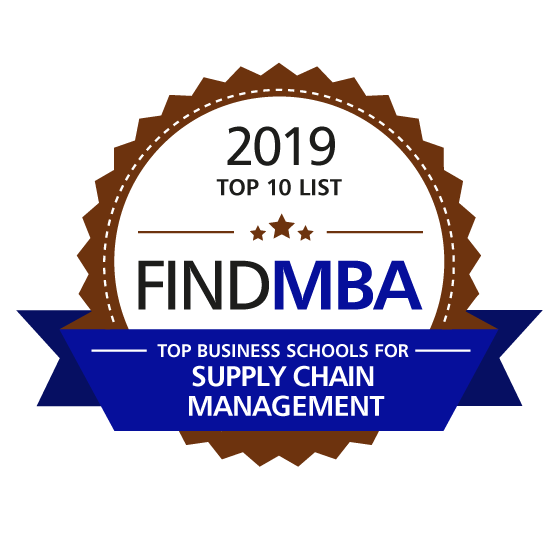Rutgers supply chain students and alumni are among the brightest in the industry – our MBA internship placement rate is 100 percent,* and our alumni have been repeatedly named among the top in their fields.
Nearly a third of our students go on to careers in supply chain and operations after graduation, landing jobs as procurement, logistics or planning managers and operational analysts at companies like Este Lauder, Novartis, Colgate Palmolive, Panasonic, Dell, Deloitte Consulting, Mastercard and Bristol-Myers Squibb.
| Supply chain areas |
| Procurement and global sourcing |
| Logistics optimization |
| Distribution and pricing strategy |
| Product and supply chain innovation |
| Labor regulations |
| Contract management |
| Supply chain legal environments |
| Project management |
| Business process design and improvement |
| Quality management |
| Risk analysis |
| Supply chain security |
| Supply chain finance |
| Supply chain analytics |
| Supply chain technology |
We are consistently ranked among the best business schools for supply chain management, operations and logistics. By joining the MBA in Supply Chain Management, you become part of a nationally recognized program that exists to help you succeed.
You already have curiosity, discipline and determination. Paired with our faculty expertise and industry connections, you have no other choice but to succeed.




